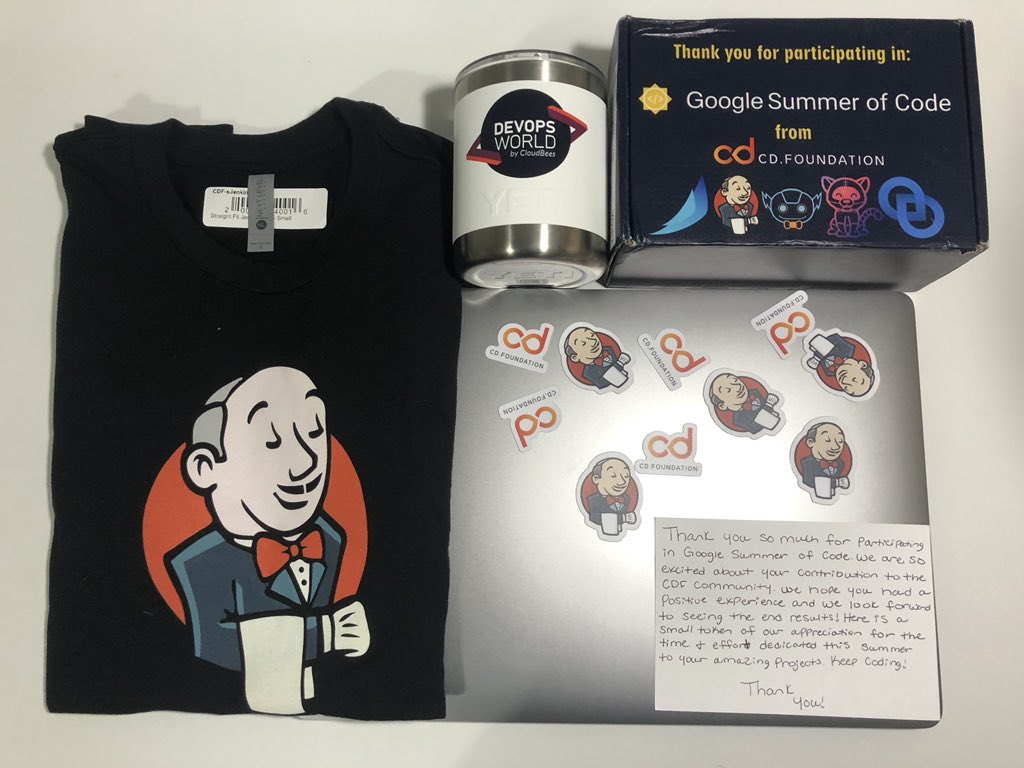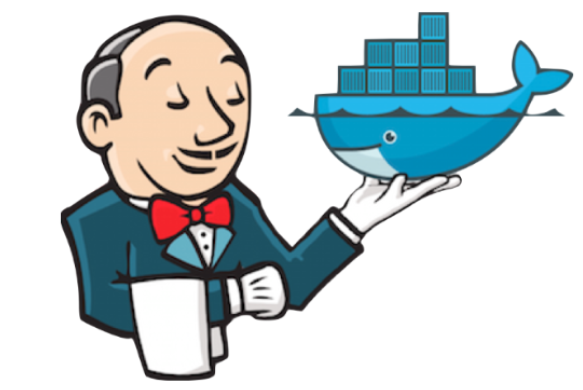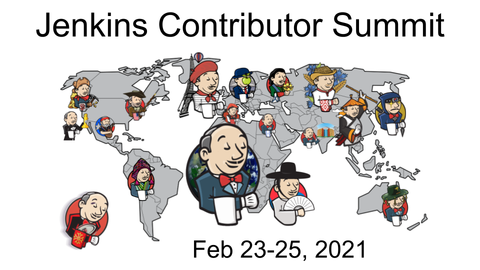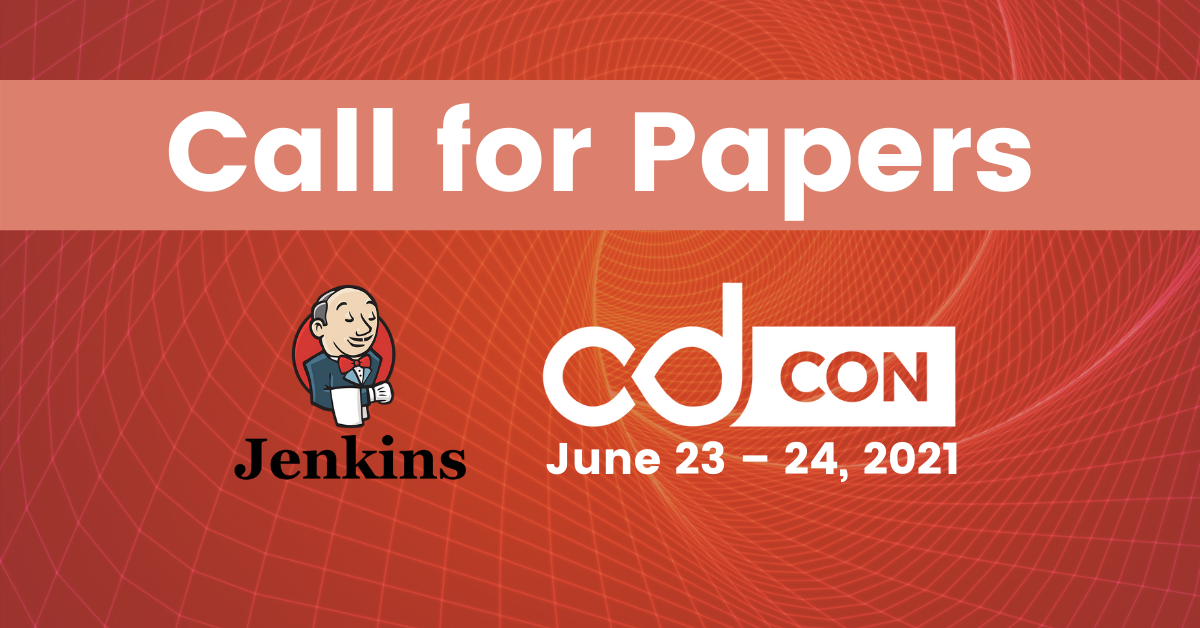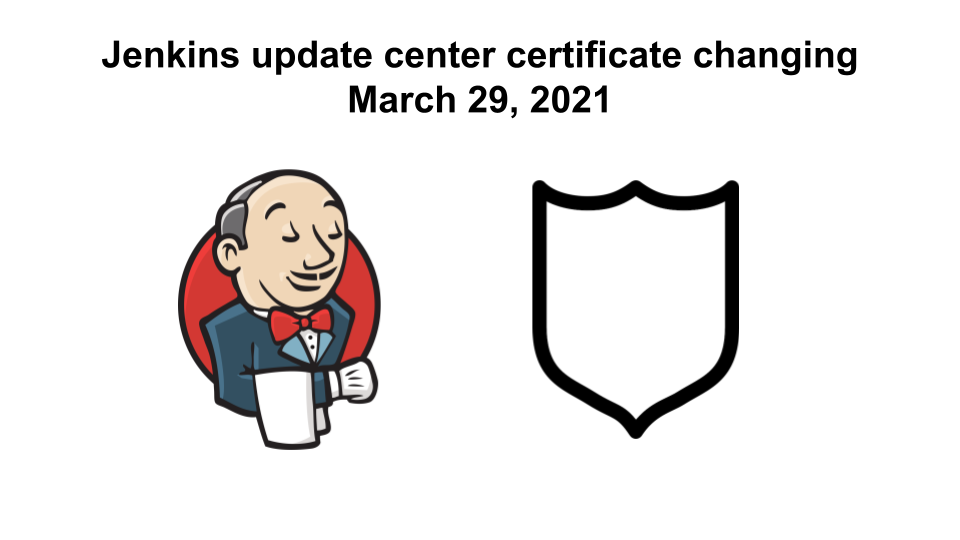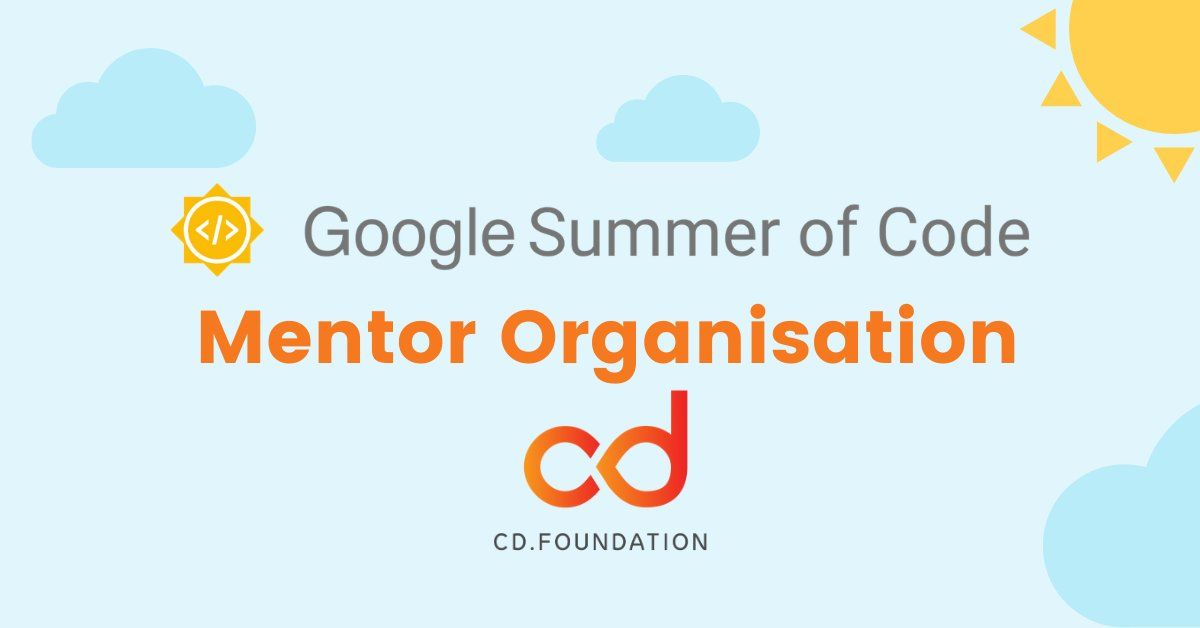| Jenkins 2020 Elections are over, thanks to all participants! Please see the results announcement . |
As you probably know, in a few weeks we will have the Jenkins 2020 elections. We will be electing two governance board members and five officers, namely: Security, Events, Release, Infrastructure, and Documentation. After the announcement on Sep 24, we have been accepting nominations from community members.
After the processing and confirmations with potential candidates, the Jenkins 2020 Elections committee is happy to announce the candidates for the Jenkins Governance Board and Officer roles:
Governance Board candidates: Andrey Falko, Ewelina Wilkosz, Frederic Gurr, Gavin Mogan, Justin Harringa, Mark Waite, Marky Jackson, Steven Terrana, Zhao Xiaojie (Rick)
Release officer: Baptiste Mathus, Tim Jacomb, Victor Martinez
Security officer: Daniel Beck (uncontested)
Events officer: Marky Jackson (uncontested)
Infrastructure Officer: Olivier Vernin (uncontested)
Documentation officer: Mark Waite (uncontested)
We encourage all community members to support the candidates and to participate in the elections!
Key dates
Nov 10 - Voting begins. Condorcet Internet Voting Service will be used for voting.
Nov 24 - Voting sign-up is over.
Nov 27 - Voting ends, 11PM UTC.
Dec 03 - Election results are announced and take effect.
Signing up for voting
Any Jenkins individual contributor is eligible to vote in the election if there was a contribution made before September 01, 2020.Contribution does not mean a code contribution, all contributions count: documentation patches, code reviews, substantial issue reports, issues and mailing list responses, social media posts, testing, etc. Such a contribution should be public.
You can register to vote in one of two ways:
Fill out this Google Form. This way requires logging into your Google Account to verify authenticity.
Send an email to jenkins-2020-elections@googlegroups.com. You will need to provide the information specified here.
Once sign-up is over, the election committee will process the form submissions and prepare a list of the registered voters. In the case of rejection, one of the election committee members will send a rejection email. Every individual contributor is expected to vote only once.
Candidates
Below you can find statements, affiliations and profile links provided by the candidates.
Minimum copy-editing was applied to the content by the Jenkins 2020 Elections Committee. Candidates are sorted by the first name.
Governance Board
Andrey Falko
I have been a Jenkins user and administrator on and off since around 2010. In 2016, I got into evangelism by organizing aJenkins Area Meetup in San Francisco. I spoke at Jenkins World 2017 and again at Jenkins World 2018. Justin Harringa and I wrote and open sourced the Config Driven Pipeline Plugin. For two years running, I’ve been a mentor for two Google Summer of Code projects: External Fingerprint Storage Project and Remoting over Apache Kafka with Kubernetes features.
With this nomination, I hope to continue helping strengthen and progress the community further. As a member of the governance board, I’ll bring a fresh perspective by asking questions, providing feedback, and finding opportunities for others to contribute.
Affiliations: Stripe
Ewelina Wilkosz
As a consultant I support my customers with their Jenkins issues since the beginning of 2017. And almost from the start it was some kind of "as code" approach. The experience I gained during that time resulted in getting myself involved in the development of Configuration as Code Plugin for Jenkins. I consider becoming a part of Jenkins Community one of the most valuable experiences in my career so far. I appreciate how much I have learned and how welcoming the community is.
I am not a very active contributor these days, at least when it comes to code, but what I have to offer is rather extensive experience with Jenkins end users - from small, single instance setups to environments with hundreds of controllers run in a different way on different operating systems. Every day I see challenges those users go through, I know what issues they are facing and which features they consider valuable or missing. As a Jenkins Governance Board Member I can represent those users.
Thanks to my involvement in Configuration as Code Plugin development I had a chance to deliver a number of public presentations where I focused on the benefits of the solution and tried to make it easier for newcomers to try it. Here are a few examples of my activities related to Jenkins Configuration as Code:blogpost,cdCON presentation,podcast recording. So my focus is not only on representing users but also on educating them, and educating myself, so I actually know what they need and why.
Affiliations: Eficode (former Praqma)
Frederic Gurr
I started to use Jenkins back in 2008, when it still had a different name. In 2011 I started to contribute and created my first little plugin calledextra-columns. Since then, using and administering Jenkins servers has become a major part of my work life, while getting involved with the Jenkins community kickstarted my interest and involvement with open source software and communities.
I’ve been working as a release engineer at the Eclipse Foundation since 2016, supporting 250+ Jenkins instances for various open source projects. I’d be honored to bring a user and admin oriented perspective to the Governance Board and help shape the future of Jenkins.
Affiliations: Eclipse Foundation
Gavin Mogan
I got started with Jenkins early on when I was just getting started with testing. I knew there had to be a way to run the tests automatically and report on them back to people. I started hacking my own tools before I came across Jenkins (then Hudson) and was hooked ever since. Over the years I’ve managed to install and configure Jenkins at various jobs, and even was employed making internal and external plugins and integrations. You’ll often find me on the Jenkins IRC and Gitter channels as well as the subreddit giving a hand to people who are stuck. I also try to get involved with Jenkins Infrastructure projects as much as I can. I currently maintain the plugin site, plugin site API, Jenkins Wiki exporter, and a bunch of other minor projects. I also help run Vancouver’s chapter of Nodeschool.
If elected, I would like to address improving commercial support avenues. Right now it’s a lot of people flailing in isolation. I would like to not only improve things so people can find easier ways to get help, but also encourage more users to help others, and push for a centralized source of companies providing commercial support.
Affiliations: Digital Ocean, Nodeschool Vancouver
Justin Harringa
The nomination is quite an honor for me. I have been a Hudson/Jenkins user since around 2009/2010 when I started working through driving continuous integration in a corporate environment at John Deere. As time went on, I began contributing some small fixes to plugins such as the Job DSL Plugin, OpenID Plugin, and the Workflow Job Plugin. Eventually, I ended up helping maintain Salesforce’s Chatter plugin and then open sourcing plugins such as the Config-Driven Pipeline Plugin with Andrey Falko. More recently, I have also had the extreme pleasure of mentoring in 2 Jenkins projects for Google Summer of Code (Multi-branch Pipeline support for Gitlab in 2019 and Git Plugin Performance Improvements in 2020).
I have learned so much from working with Jenkins and I would love to give back to the project further. Having introduced Jenkins at both small and large companies, I would love to help contribute to the direction of the project through the Roadmap/SIGs/JEPs and encourage others to also contribute / improve Jenkins.
Affiliations: Salesforce, Spinnaker SIG for Azure
Mark Waite
I’m a Jenkins contributor, a member of the Jenkins core team, one of the leaders of the Platform Special Interest Group, and leader of the Documentation Special Interest Group. I’ve served as the Jenkins Documentation Officer since 2019. I was a mentor for Google Season of Code 2020 and am one of the maintainers of the Git plugin for Jenkins.
If elected and allowed to serve on the Jenkins Board, I’ll work to increase community involvement and community development. I’m deeply interested in tooling and environments that support the Jenkins project, including the Jenkins CI environments, issue tracker, artifact repository, and source code repositories.
Profile links:GitHub,Twitter,LinkedIn,Jenkins Blog
Affiliations: CloudBees
Marky Jackson
I have been involved in the Jenkins project for many years. I started out as a plugin maintainer, SIG member and general helper. I moved to a SIG lead, speakers and Google Summer of Code and Docs org admin and mentor. My current goals are to help continue the work of the public roadmap as well and gain most community members by continuing to be a champion of the community.
For me, being on the Jenkins Board is another opportunity to improve upon the great work we have all done as well as work toward branching out our efforts to have more women, people of color and LGBTQIA members. I would be honored to have this opportunity.
Profile links:GitHub,Twitter,LinkedIn,Jenkins Blog
Affiliations: Equinix Metal, Continuous Delivery Foundation, Kubernetes, Ortelius
Steven Terrana
I have been a Jenkins user since 2017 and contributor since 2018. I am the primary maintainer of the Jenkins Templating Engine, a plugin that allows users to create truly templated Jenkins pipelines that can be shared across teams. Through that work, I’ve had the great pleasure of helping to organize the Pipeline Authoring Special Interest Group, contributing to the Jenkins Pipeline documentation, and contributing bug fixes to various plugins (including the pipeline plugin and workflow-cps library).
As a Continuous Delivery Foundation Ambassador, I’ve enjoyed doing what I can to advance the community’s approach to CI/CD and simplifying DevSecOps adoption within large organizations. It would be a privilege to serve on the Jenkins Governance Board and offer my support wherever I can.
Affiliations: Booz Allen Hamilton, Continuous Delivery Foundation
Zhao Xiaojie (Rick)
Three years ago I joined the Jenkins community. I learned a lot during the process of contributing. I even became a Jenkins hero in my city. The most exciting thing I want to do is help more new users of Jenkins get started, and let more contributors feel comfortable. I always love to host a JAM no matter if it’s online or offline.
Plans: improve the experience of using Jenkins in different countries; reorganize the knowledge of Jenkins, for example the tutorial by text or video format; help other SIG leaders to organize meetings.
Affiliations: N/A
Release Officer
Baptiste Mathus
I have been using and contributing to Jenkins for so long that it is difficult for me to check when it started exactly. My first pull-request to Jenkins was in 2011 and I had started to use it long before it. Throughout the years, I have contributed to various areas: created our local Jenkins Area Meetup with Michaël Pailloncy, helped users and developers on our mailing lists and IRC channels, contributed to the Jenkins infrastructure, the website, processing plugins hosting requests, worked full time on Jenkins Evergreen, and I am still present today.
For all these reasons, it would be an honor to serve as the Release Officer for the Jenkins Project.
Profile links:GitHub,Twitter,Jenkins Blog
Affiliations: CloudBees
Tim Jacomb
I have been a user of Jenkins for the last 8 years and a regular contributor since 2018. I began with maintaining the Slack plugin and over the last couple of years I have since expanded that to many more plugins and the Jenkins core. These are some of the components I maintain when I have time: Slack, Azure Key Vault, Junit, most of the Database plugins, Dark theme, Plugin installation manager, Jenkins Helm chart, Configuration as code plugin. I am also a member of the Jenkins infrastructure team, and I was involved in the release automation project and the mirrors modernisation effort, along with the day to day support helping people regain access to accounts etc.
As a Release Officer I would like to increase automation, ease onboarding of new contributors to the release team, and ensure that responsibilities rotate among people so that I wouldn’t be a bottleneck for any task.
Profile links:GitHub,Jenkins Blog
Affiliations: Kainos
Victor Martinez
I have been involved in the Jenkins project since 2011 by different means, as a user, as an administrator, as a contributor (bug reporting, plugin development, documentation, hackfest), being active in the different Jenkins forums such as the Jenkins-dev and Jenkins-user mailing lists, working with the jenkins-infra shared library and so on. I’m also an advocate for the Jenkins project through some presentations anytime that I had the opportunity such as DevOps World 2020 and Jenkins World 2017.
I’ve been happily nominated for the Release officer role which matches not just my area of professional expertise that I’ve been doing for the last 14 years in different roles for different companies but also that’s an area of personal interest where I’d like to spend time with the Jenkins community to understand, document and automate the process in a way we can keep the project sustainable for a long term as it’s today, it’s not just about what I can bring for the community but also about growing together.
If elected as a Release officer I would aim to focus on the following areas: proceed with the existing responsibilities for this role; document and automate the release process; being an enabler for the Continuous Delivery not just for the plugins but also for the core.
Affiliations: Elastic
Security Officer - uncontested
Daniel Beck
I’ve been a Jenkins user since 2011, contributor since 2013, and core maintainer since 2014. In 2015, I took on the scheduling and authoring of security advisories and have been doing that ever since, working with reporters, maintainers, and the Jenkins security team to deliver security fixes. Beyond that, I regularly contribute to Jenkins and project infrastructure.
Since I’ve started in the Security Officer role, we’ve made significant improvements: Plugins no longer allow ordinary users to run arbitrary scripts (no sandbox!) as a regular feature. I introduced fine-grained permission managementfor our GitHub repositories and the Maven repository hosting our releases.Warnings directly in Jenkins inform admins when an installed component has known security issues (and their UX was improved earlier this year). The Jenkins project is now a CVE Numbers Authority, to ensure timely and high-quality information in the CVE vulnerability database. Working with Tyler, I added telemetry to Jenkins, which allowed us to deliver multiple large-scale security fixes withminimal impact. More recently, I’ve started writing code scanning rules for common problems in Jenkins and invited maintainers to sign their plugins up, which is something I hope to properly publish and roll out more widely soon.
Profile links:GitHubJenkins Blog
Affiliations: CloudBees
Events Officer - uncontested
Marky Jackson
I have been a part of the Jenkins community for some time, and I have received the utmost joy in volunteering. I have been extremely fortunate to have played a lead role in the Outreach & Advocacy SIG, the pipeline-Authoring SIG, and, most recently, the Cloud-Native SIG. I have taken part in many meetups, org admin, and mentor in the GSoC & GSoD. Finally, At DevOps World 2020, I received Jenkins most valuable advocate at DevOps World. I have experience advocating in other communities as well: Kubernetes Release Manager Associate, Kubernetes Mentoring Lead, Ortelius Community Manager.
Jenkins is the most widely used Continuous Integration tool around, and I want to continue to promote that by focusing on the following areas: meetups; conference presentation from the Jenkins community; new user outreach and onboarding; cross-community collaboration (e.g., Kubernetes community); working with the Continuous Delivery Foundation on interoperability; focusing on SIG events.
My roots are open-source, and I am so proud to be a part of the Jenkins community. You can read more about my journey in open-source here. You can also see some of my presentations here andhere.
Profile links:GitHub,Twitter,LinkedIn,Jenkins Blog
Affiliations: OpsMx, Continuous Delivery Foundation, Kubernetes, Ortelius, Spinnaker
Infrastructure Officer - uncontested
Olivier Vernin
I have been actively contributing to the Jenkins project for the past four years with contributions across many areas, and infrastructure is one of my favorite topics. Over my previous mandate as a Jenkins infrastructure officer, I focused on improving contribution experience, and let community members opportunities to take ownership of the different services. I worked on various sponsoring initiatives to make the Jenkins infrastructure more sustainable. We provided a new environment for releasing Jenkins core (and one plugin!), and also many more things.
For the coming year, It is hard to make commitments on what it will look like as we have things we know, like services that need some attention (“ci.jenkins.io/) and the things we don’t know yet. Anyway, It’s important to me to have a transparent project where everybody could read, learn, participate, and understand how the Jenkins project manages infrastructure and I want to continue down that path.
Profile links:GitHub,Twitter,Jenkins Blog
Affiliations: CloudBees
Documentation Officer - uncontested
Mark Waite
I’m a Jenkins contributor, a member of the Jenkins core team, one of the leaders of the Platform Special Interest Group, and leader of the Documentation Special Interest Group. I’ve served as the Jenkins Documentation Officer since 2019. I was a mentor for Google Season of Code 2020 and am one of the maintainers of the Git plugin for Jenkins.
If elected and allowed to serve as Documentation Officer, I’ll continue efforts to invite more contributors through regular Documentation Office Hours and outreach programs like Google Season of Docs, CommunityBridge, Outreachy, and Jenkins Hackfests. I’ll work to assure an inviting and welcoming environment for contributors.
Profile links:GitHub,Twitter,LinkedIn,Jenkins Blog
Affiliations: CloudBees

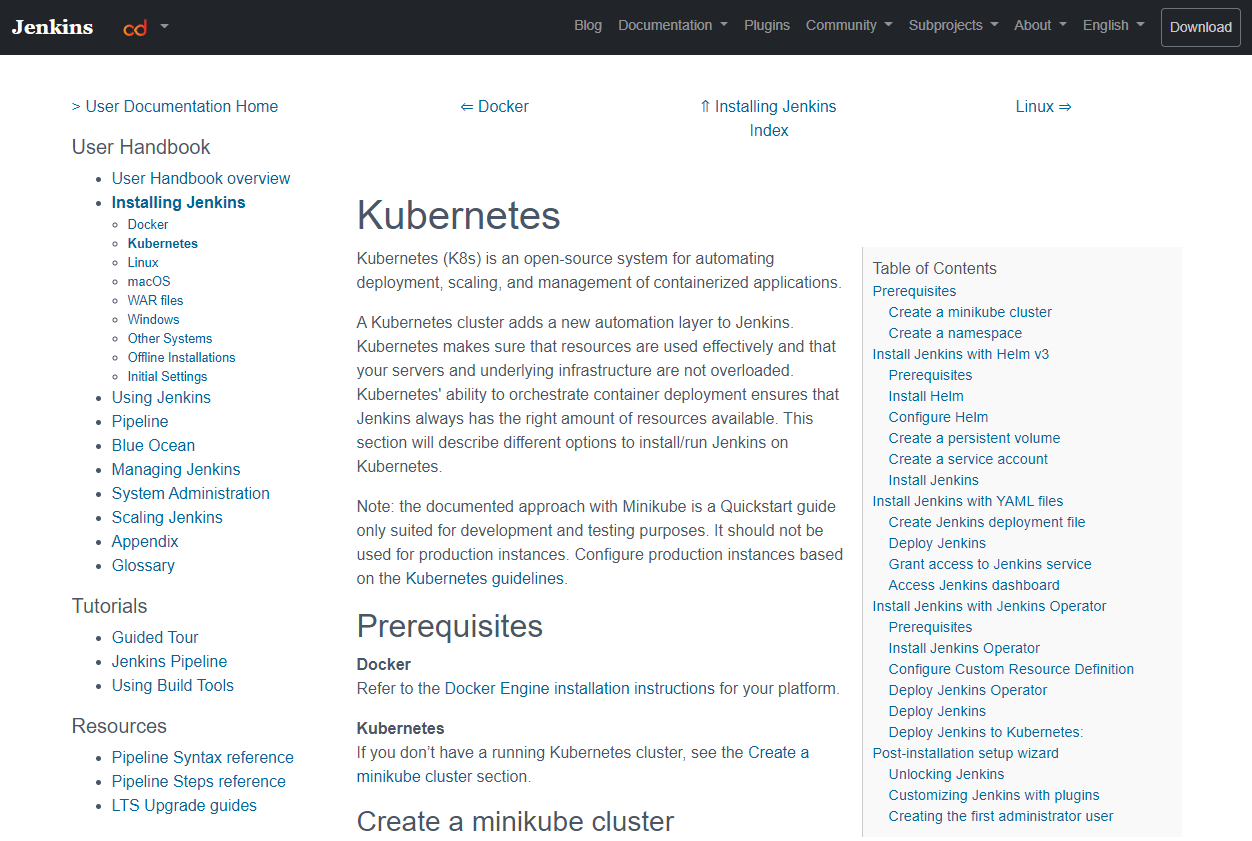
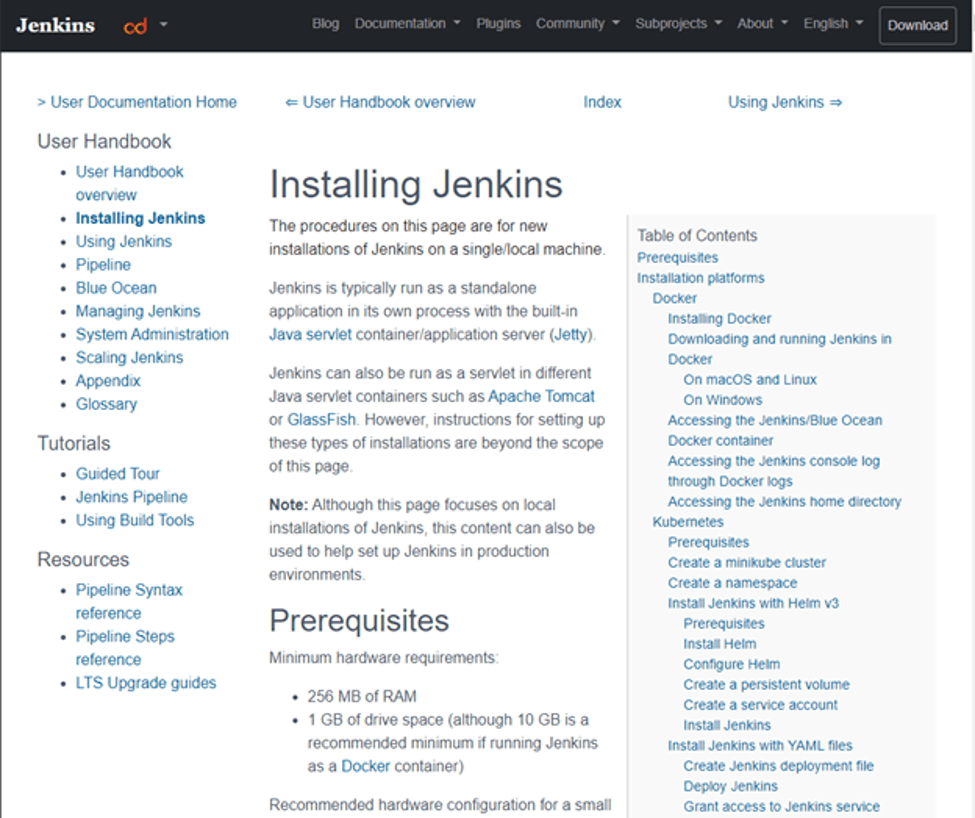
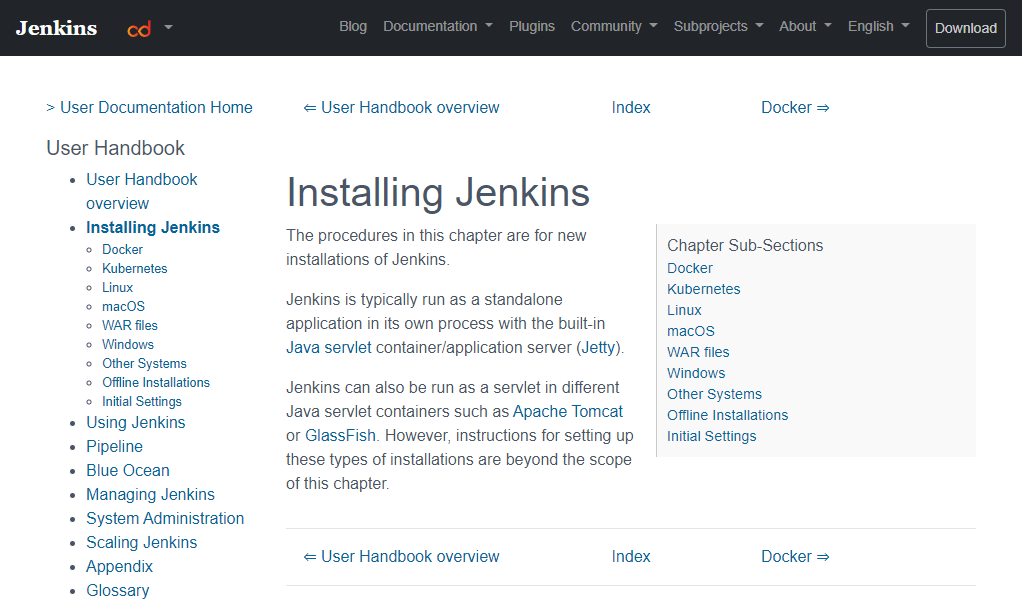
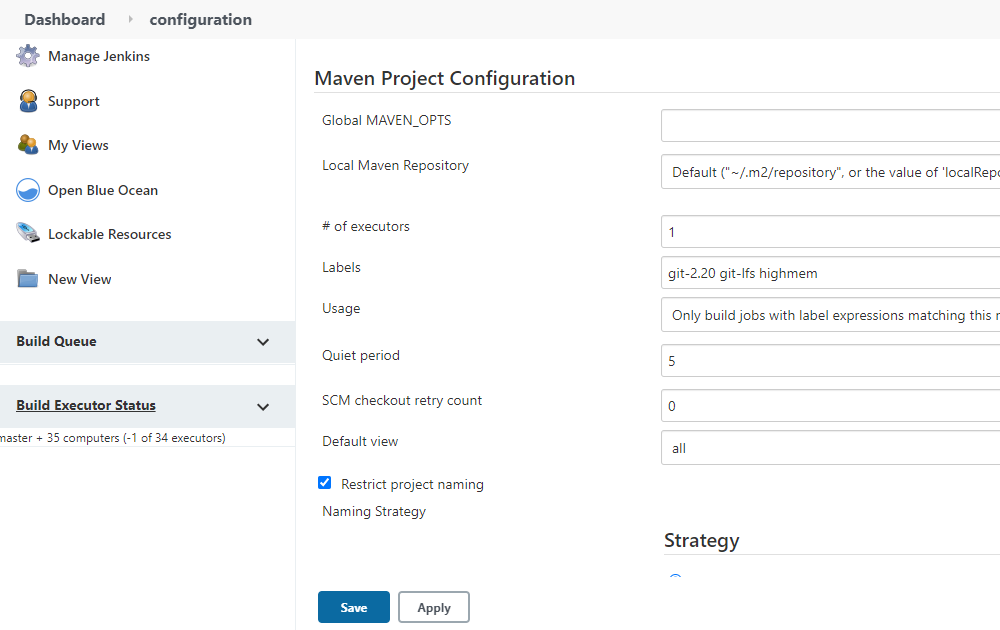
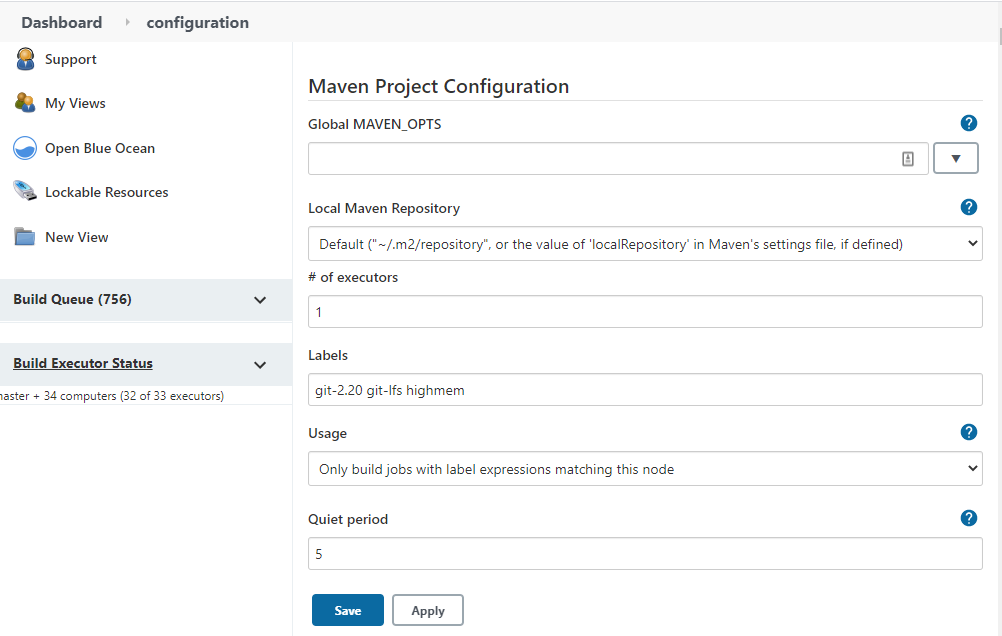



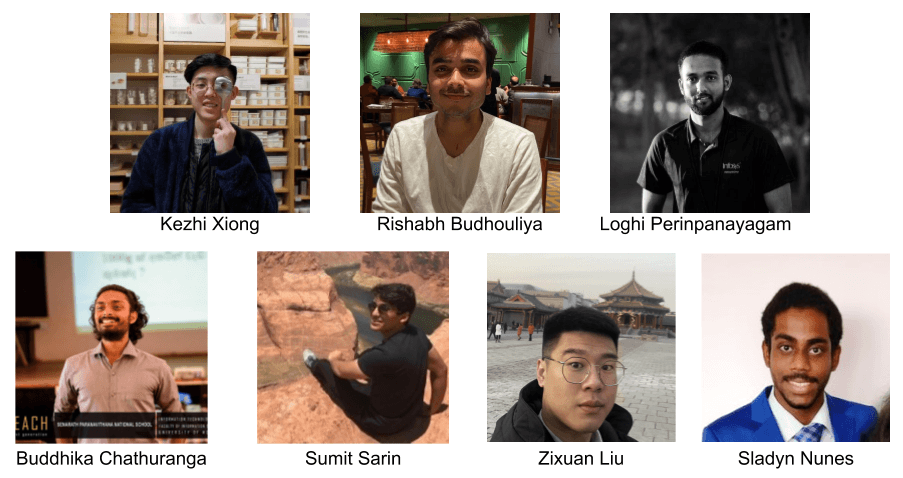 .
.